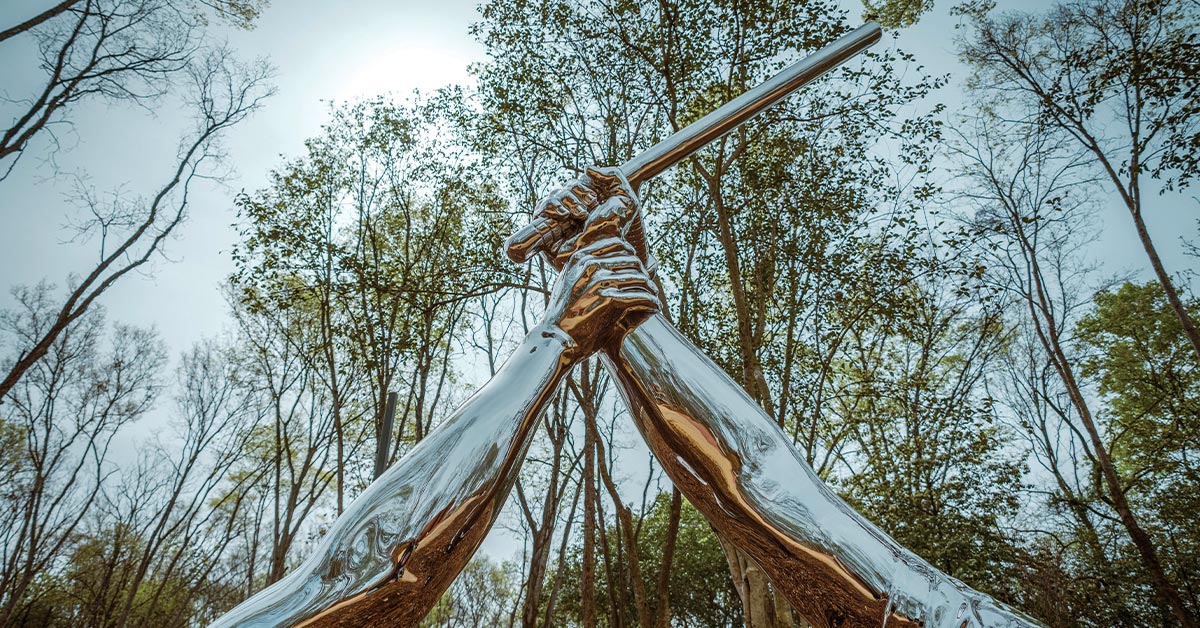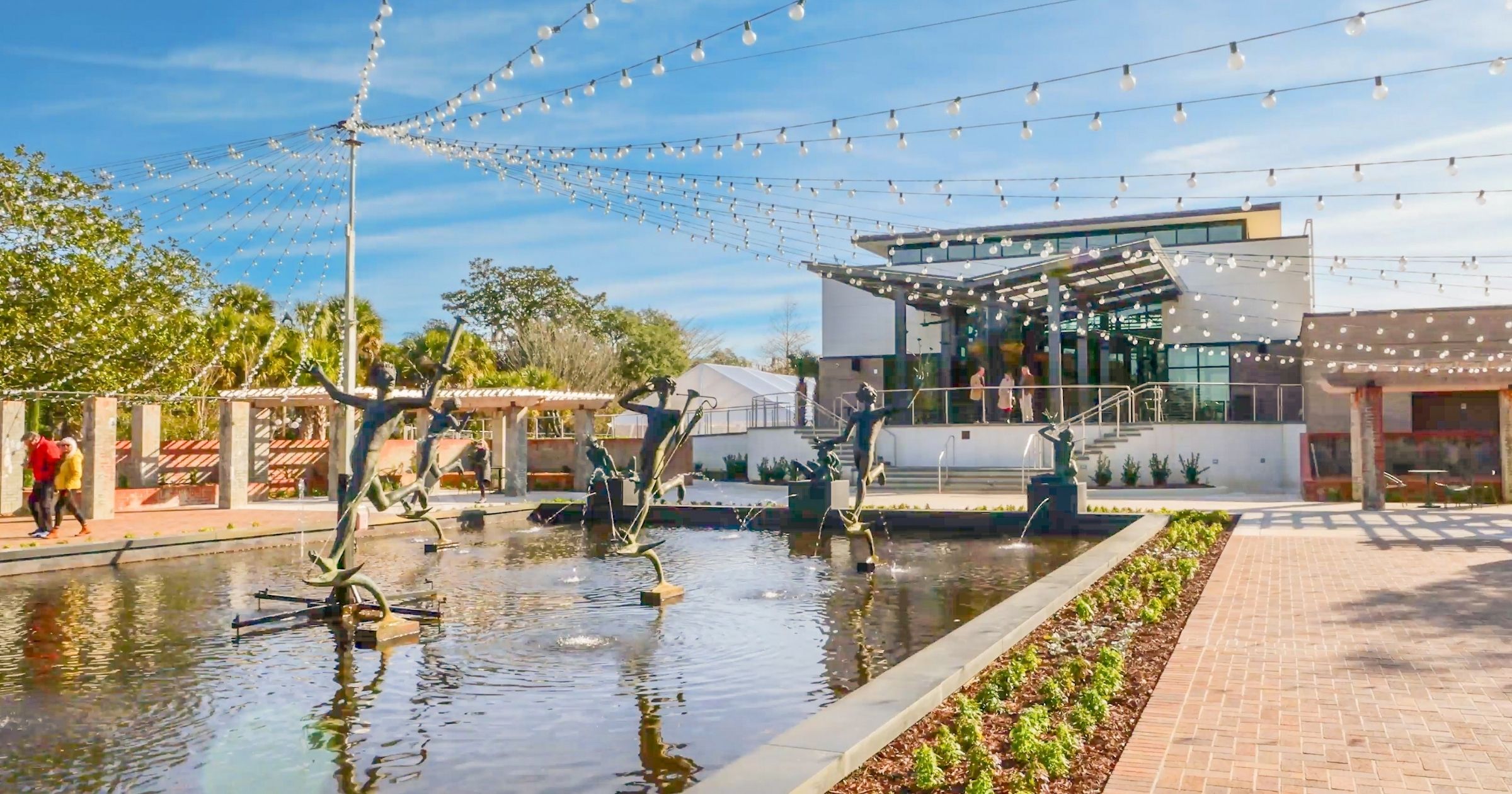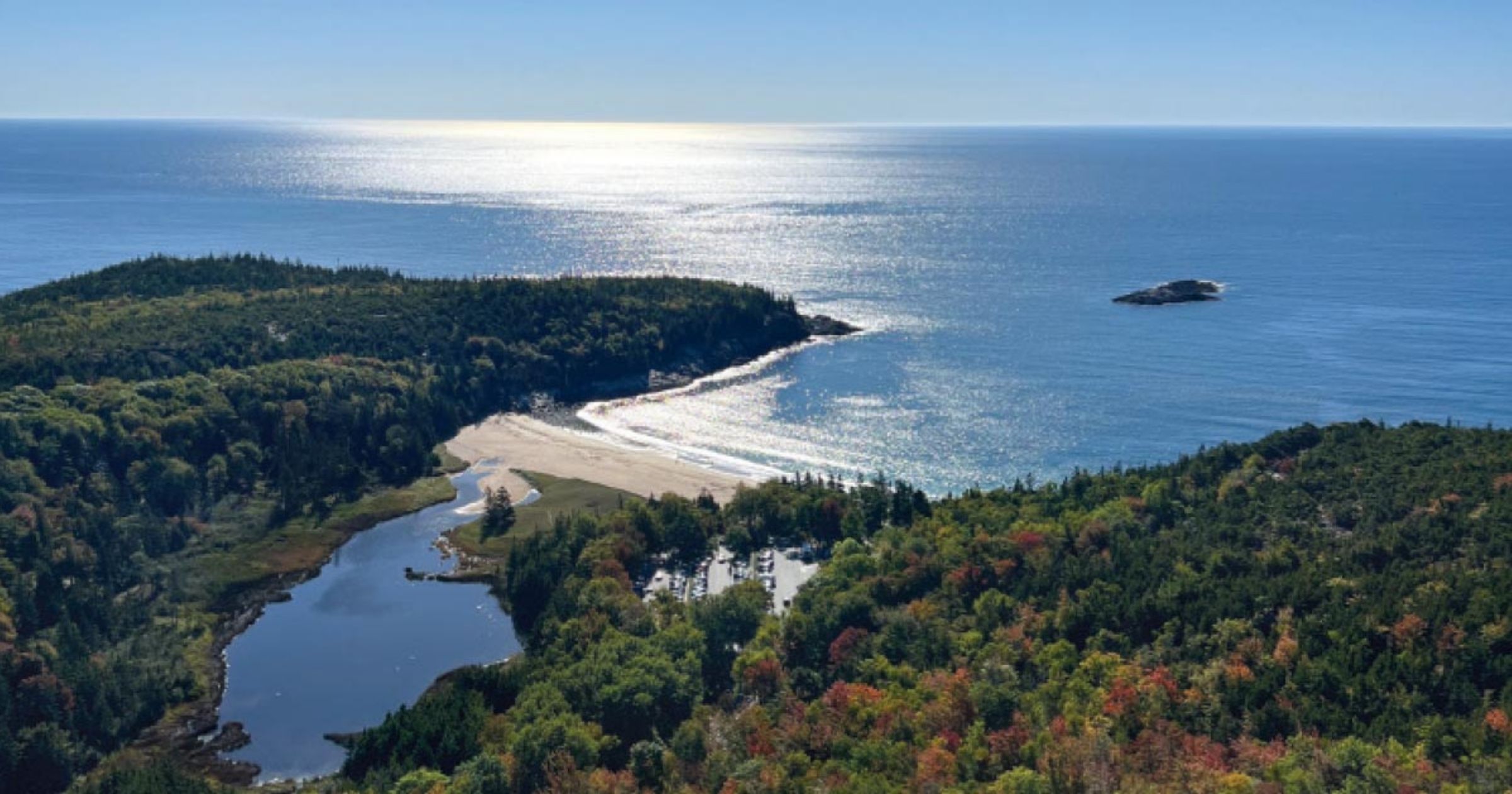
Journey Through These Essential Civil and Human Rights Destinations
All around North America, landmarks and museums dedicated to preserving and remembering notable civil and human rights events and leaders can be found.
The elaborate exhibits and solemn experiences highlighted within these destinations are ripe with lessons that remain just as relevant today as they did in years past. Walking this essential journey is made simple for visiting groups, thanks to those ensuring these stories of struggle and triumph are never forgotten. Come along as we share a sampling of some of these powerful sites.
National Civil Rights Museum at the Lorraine Motel
Memphis, Tennessee | civilrightsmuseum.org
Located at the former Lorraine Motel where civil rights leader Dr. Martin Luther King Jr. was assassinated on April 4, 1968, the National Civil Rights Museum offers groups an opportunity to walk through history while learning through interactive exhibits, historic collections and more. The museum is counted among the many sites located along the U.S. Civil Rights Trail, which spotlights many locations across 15 states that played a pivotal part in advancing social justice in the '50s and '60s.
The Legacy Sites
Montgomery, Alabama | legacysites.eji.org
Equal Justice Initiative's Legacy Sites are must-visits for groups looking to learn the history and truth behind racial injustice in the U.S.—in places where that history was lived. At the Legacy Museum, groups are given a front row seat to a comprehensive history of the destructive violence that shaped the U.S., while the National Memorial for Peace and Justice remembers the more than 4,400 Black people killed in racial terror lynchings between 1877 and 1950. Rounding out the sites is Freedom Monument Sculpture Park, 17-acres of sculptures and art located on the Alabama River where tens of thousands of enslaved people were trafficked. All sites are within walking distance from one another in downtown Montgomery, with shuttles running between every 15 minutes.
Canadian Museum for Human Rights
Winnipeg, Manitoba, Canada | humanrights.ca
The first museum solely dedicated to the evolution, celebration and future of human rights, the Canadian Museum for Human Rights—located on Indigenous ancestral lands on Treaty One Territory—shines a light on every aspect of the diversity of human rights. From climate justice and Indigenous perspectives from Canada's First Nations, Métis and Inuit peoples, to examining the Holocaust and the fragility of human rights, the museum's immersive rotating exhibits and permanent galleries touch on it all. They even make available resource guides and materials on pressing human rights issues, including the epidemic of Missing and Murdered Indigenous Women, Girls and 2SLGBTQI+ People in the U.S. and Canada.
The Stonewall Inn
New York City, New York | thestonewallinnnyc.com
Many will recognize the Stonewall Inn as the site of the multi-night uprising of 1969, where LGBTQ people fought back against routine oppression from the NYPD. The event served as a pivotal turning point for LGBTQ rights, as it spurred new movements and strengthened existing ones all across the country in the name of equal rights. Listed on the National Register of Historic Places, the Greenwich Village hot spot is still in operation today, welcoming visitors from all around the world. And while no reservations can be made, it's absolutely still worth a visit, as special events and performances are held at the bar regularly.
Women's Rights National Historical Park
Seneca Falls, New York | nps.gov/wori
Groups who are interested in learning about the first Women's Rights Convention held in 1848 will certainly want to stop off in Seneca Falls at the site of that exact convention, Wesleyan Chapel, which today sits within what's known as Women's Rights National Historical Park. Considered by many historians to be the formal beginning of the Women's Rights Movement in the U.S., the Convention is commemorated throughout the park's visitor center (open daily) and historic homes (open seasonally).
Written by Sarah Suydam, Managing Editor for Groups Today.
This article originally appeared in the Jul/Aug '24 issue of Groups Today.
Photo courtesy of Equal Justice Initiative/Human Pictures.



